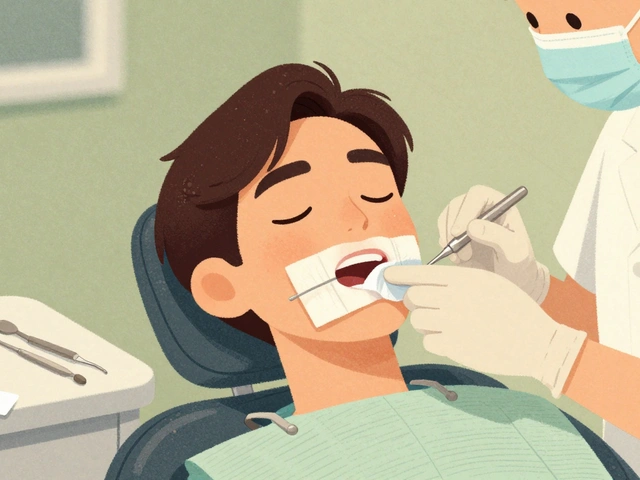Tinnitus: What’s Causing That Ringing and What You Can Do
Hearing a persistent ring, buzz or whoosh in your ears? That’s tinnitus — a symptom, not a single disease. It can be quiet and annoying or loud enough to disrupt sleep and focus. The good news: many cases improve when the cause is found and treated.
Common causes you should know
Hearing loss from age or loud noise is the most common cause. Earwax build-up or middle ear infection can also trigger temporary tinnitus. Certain medicines can cause or worsen it — think high-dose aspirin, some antibiotics (especially aminoglycosides), and loop diuretics like furosemide (Lasix). Head or neck injuries, TMJ problems, and high blood pressure may play a role, too. Pulsatile tinnitus (a rhythmic pulsing) often points to vascular or circulatory issues and needs quicker evaluation.
Not every cause is visible on a quick check, so the first step is a simple assessment rather than guessing the reason.
Practical first steps at home
Start by protecting your ears. Avoid loud environments and use ear protection when needed. Try steady background sound at night — a fan, low-volume white noise, or a sound app — to make the ringing less noticeable. Cut or test caffeine and alcohol; some people feel improvement after reducing them. Keep stress down: anxiety and poor sleep amplify tinnitus for many people.
Check medications with your doctor or pharmacist. If a drug is a likely culprit, your clinician may switch the dose or the medicine. Do not stop prescription drugs without talking to a healthcare professional.
If earwax feels like the problem, an audiologist or GP can remove it safely. Over-the-counter drops sometimes help, but avoid probing the ear with cotton buds.
Sound therapy and hearing aids help people with hearing loss by boosting external sounds so the brain pays less attention to the internal noise. Cognitive behavioral therapy (CBT) has strong evidence for helping people cope better, reduce distress, and sleep more easily.
Some clinics offer tinnitus retraining therapy or specialized noise generators; results vary, but many patients find relief.
Avoid unproven supplements that promise a cure. Some may interact with medicines or cause side effects. Talk to your doctor before trying anything new.
When to see a doctor
Get medical help if tinnitus starts suddenly, affects one ear only, comes with hearing loss, dizziness, ear pain, or discharge. Also seek care for pulsatile tinnitus or if the sound stops you sleeping or working. Expect a basic hearing test and possibly referral to ENT or audiology. In some cases, imaging like an MRI is needed to rule out structural or vascular causes.
Tinnitus can be frustrating, but many people improve with the right approach: check hearing, review medicines, protect ears, use sound strategies, and get help for stress and sleep. If you're unsure where to start, a GP or audiologist can point you in the right direction.










